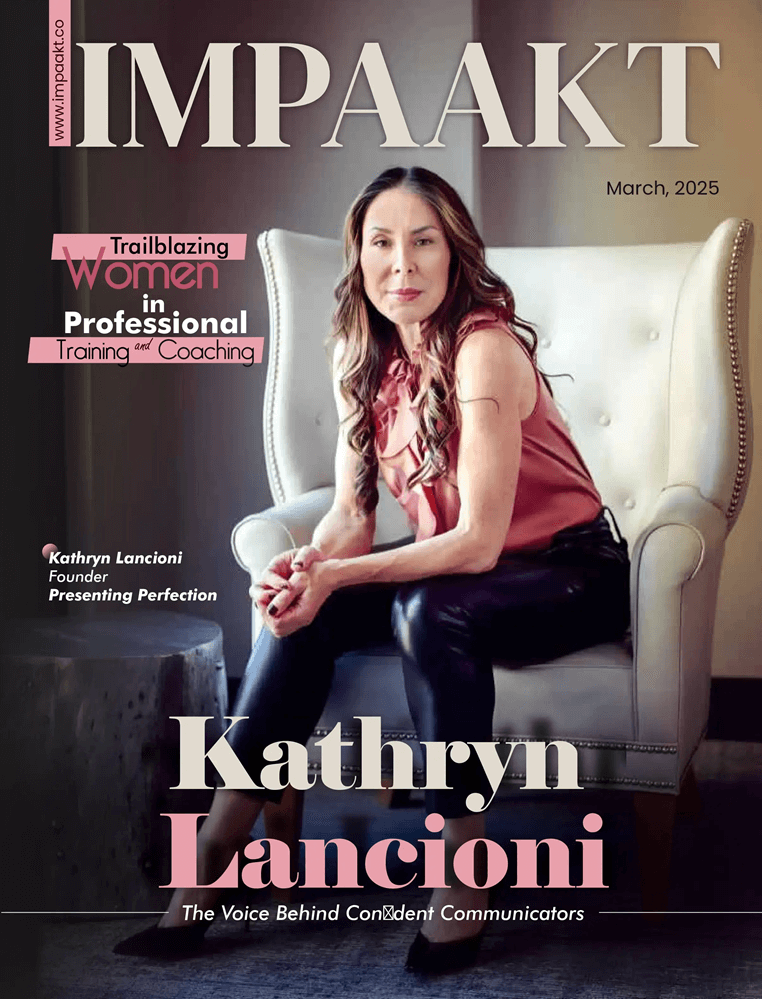Are your to-do lists seemingly endless? Do you approach Friday afternoons with trepidation, fearing the sight of an overflowing inbox as you attempt to make your escape? Perhaps you’ve noticed that anxiety is hindering your ability to focus on the task at hand. You might find yourself anxious about not working during moments that aren’t conducive to productivity, such as when you’re securing your child in their car seat or stuck in traffic. Even when engrossed in one task, you may feel anxious about the project you’ve momentarily set aside.
If you experience bouts of feeling overwhelmed by your workload, consider trying these suggestions. Understand that not all of these strategies will resonate with everyone, so select those that you believe will be most beneficial to you. However, always begin by taking slow, deliberate breaths. Focusing on slow breathing, rather than deep inhalations, can help alleviate panic and foster a long-term perspective by activating the brain’s prepare-and-plan mode. Concentrate on exhaling slowly, as if gently inflating a balloon; your inhalation will naturally regulate itself accordingly.
Practice your acceptance skills with healthy self-talk
Enhance your acceptance skills through positive self-talk. Effective self-talk promotes a sense of calmness and empowerment by blending self-compassion with appropriate accountability. Strive to strike a balance, avoiding excessive responsibility which can fuel worry. Experiment with various forms of self-talk to discover what resonates best with you. Here are some examples to get you started:
- “Although I have a multitude of tasks, I recognize that I can only focus on one at a time. Completing each task will contribute to my overall well-being.”
- “While I wish I could accomplish more in a day, I acknowledge and accept my realistic limitations.”
- Embrace the mantra “What’s the most productive action I can take in this moment?” to steer clear of dwelling on the past or fretting about the future, enabling me to concentrate and prioritize effectively.
- “I derive satisfaction from being engaged in my work, and it’s natural to experience moments of feeling overwhelmed. I trust in my ability to manage these emotions and adjust accordingly.”
- By integrating these affirmations into your daily routine, you can cultivate a mindset of acceptance and resilience, empowering yourself to navigate challenges with grace and composure.
Monitor your time to establish an accurate baseline for yourself.
Research suggests that individuals who claim to work excessively long hours often overestimate their actual workload. Studies have shown that the percentage of people working more than 60 hours per week is relatively low, at approximately 6%. When you repeatedly tell yourself that you’re working an extreme number of hours, your brain may internalize this exaggerated belief, triggering heightened anxiety even if it’s not entirely accurate.
This cognitive distortion can stem from emotional reactions influencing our thought processes. When feelings of anxiety about work arise, your brain tends to magnify the perceived workload, fueling a cycle of increased anxiety. This inflated perception can lead to a sense of hopelessness and, consequently, feelings of depression, exacerbating avoidance behaviors. It’s important to recognize that falling into this estimation error is a common cognitive pattern rather than a personal failing.
To address this issue, consider tracking your time over the course of a week. Various online tools are available for this purpose, or you can simply use a spreadsheet or notebook. Record your activities without actively trying to alter your behavior. The act of monitoring alone can naturally prompt positive shifts in behavior over time, eliminating the need for immediate intervention.
Restrict brief work-related tasks during non-work hours, such as checking your phone or sending quick emails. Although these activities may seem insignificant individually, collectively, they can create a perception of time consumption that exceeds reality. It’s advisable to limit these behaviors.
Conversely, engaging in brief yet meaningful non-work activities can enhance life balance. For instance, taking a moment to connect with your two-year-old by crouching down and making eye contact during an interaction can imbue a sense of quality parenting, despite the brevity of the moment. Meaningful, uninterrupted conversations for five minutes often hold more significance than fragmented attention over ten minutes.
Challenge assumptions regarding others’ expectations.
Frequently, we impose self-generated rules about response times, such as feeling obligated to reply to messages promptly or within a specific timeframe. Consider that delayed responses convey the message of busyness and prioritization, potentially garnering greater respect for one’s time.
Address the tendency to react immediately to after-hours emails, thereby perpetuating an “always-on” cycle. Establish boundaries by refraining from responding outside of business hours, signaling to others the importance of respecting personal time. This practice encourages thoughtful consideration of priorities before responding, fostering a healthier work-life balance.
Communicate expectations clearly with colleagues and superiors. Instead of assuming urgency, inquire about deadlines or preferred response times. Similarly, inform others of realistic timelines for completing tasks to manage expectations effectively.
Challenge your assumptions regarding the prerequisites for success.
You may unknowingly harbor flawed beliefs about the criteria necessary to excel in your field. Perfectionistic notions, such as the belief that success demands outworking everyone else, can be particularly detrimental, especially in competitive environments where high achievers are prevalent. Identifying these problematic thoughts can be challenging, as they often lurk beneath the surface, implicit in our mindset. When feelings of discontent or stagnation arise, it presents an opportune moment to scrutinize and unearth any underlying assumptions that may be fueling these emotions.
Watch out for assumptions that trigger unnecessary stress, particularly if they also contribute to procrastination and paralysis. For instance, in combating writer’s block, I often need to remind myself that my writing only needs to serve its purpose as a useful resource; it doesn’t have to encompass every aspect of a topic, which would be impractical and overwhelming.
Challenge these problematic assumptions by articulating them and then proposing more realistic alternatives. For instance, replace the belief that I must outperform every high achiever in my group to succeed with the understanding that success is achievable within a group of similarly talented individuals, alleviating the pressure to constantly be at the top.
Begin taking time off immediately instead of waiting for the “perfect” moment.
By allowing yourself evenings or weekends off and observing that the world doesn’t collapse as a result, you can gradually reduce anxiety about your workload. To cultivate a more relaxed attitude toward work, start behaving in a more relaxed manner.
Operationalize this concept by considering how you would act if you were less stressed about your workload and identify specific actions you can take. Recognize the tendency to wait for emotions to change before altering behavior and instead, focus on changing behavior to influence emotions and thoughts. For example, shift from waiting to have less work to implementing better systems, understanding that improved systems will ultimately reduce feelings of busyness. This proactive approach can help break the cycle of perpetual busyness and inefficiency.











